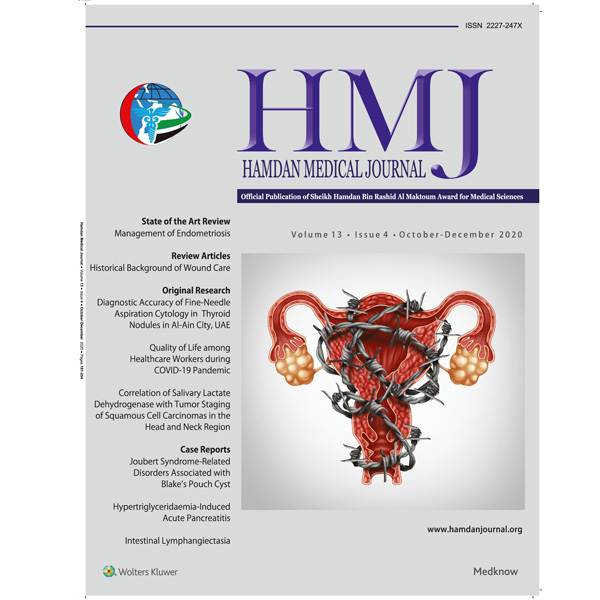

Identification of a novel OXCT1 frameshift mutation by whole-exome sequencing and evidence for nonsense-mediated mRNA decay
By: Abdullah Al Mutery, Zamzam Yousef, Mona Mahfood, Abdelaziz Tlili, Jihen Chouchen - University of Sharjah.
The study aimed to identify the causal mutation in an Emirati family with autosomal recessive SCOT deficiency. Whole-exome sequencing was performed on the affected individual. Sanger sequencing confirmed the presence of a novel pathogenic frameshift mutation in the OXCT1 gene. Real-time polymerase chain reaction (PCR) was used to measure the expression levels of the OXCT1 gene in the mRNA of affected, carrier, and unaffected individuals.